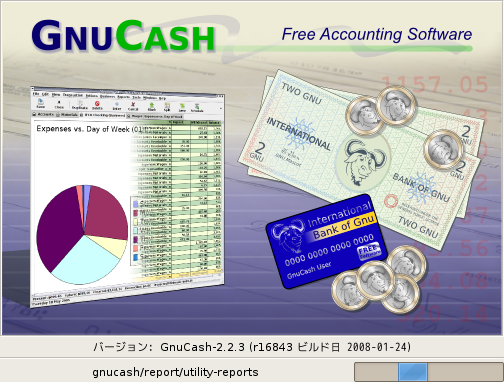30th July is SysAdminDay
Today, 30th July 2010, the last Friday of July, is the 11th Annual System Administrator Appreciation Day. It’s a day to appreciate those people who look after your IT from unpacking new hardware from its box, installing operating systems, configuring said systems, fitting cabling and other infrastructure and basically dealing with anything afterwards that crops up once a system becomes a production system – even if problems crop up at inconvenient times like weekends.
Sysadmins can easily be recognised: they’re the worried looking ones typing frantically on a KVM, although an alternative pose might be adopted – that backside sticking out from under your desk* normally belongs to your sysadmin.
Sysadmins realised they were special years ago and someone kindly wrote them their own manpage, which is reproduced below to make readers realise their unstinting efforts:
SYSADMIN (1) USER COMMANDS SYSADMIN (1)
NAME
sysadmin – responsible for everything imaginable that may or may not have to do with the system you’re using. Contraction of “system” and “administrator”
SYNOPSIS
sysadmin [-ab] [-cd] [-ef] etc……
DESCRIPTION
sysadmin takes care of everything, is generally harangued, must be supplied with coffee, chocolate, and alcohol in order to function properly, cannot be exposed to direct sun- light, and must not be allowed to have a life.
sysadmin is not intended as a user interface routine; other programs provide user-friendly front ends; sysadmin is used by everyone who can track him [her] down.
With no flags, sysadmin reads its standard input up to an EOF, or a line which sysadmin wishes to parse, and then proceeds to ignore it entirely and read news all day. When invoked with the -w option, sysadmin reads standard input and responds according to terms of job description.
OPTIONS
-bofh Go into Bastard Operator From Hell mode. This option causes sysadmin to use tools stored in the /usr/lib/bofh directory to parse the standard input and route user tasks appropriately.
-cd causes sysadmin to become caffeine-deprived, resulting in system slowdowns.
-b causes the sysadmin to function normally while augmenting the standard input with beer(5). Can be used with the -t option as well, depending upon which version of sysadmin you are running.
-t causes the sysadmin to smoke tobacco, which can result in significant performance improvement, provided you are running the correct version of sysadmin.
-Cfile Specify an alternate configuration file (sysadmin.cf is the standard).
-dX set debuggin value to X.
-fFullname Set the full name of the sysadmin.
-Bf Create the sysadmin.cf configuration freeze file.
-lname Sets the name of the “luser” person (that is, originator of a given request). -l can only be used by “trusted” users (who are listed in sysadmin.cf).
NOTES
The -t option should not be used with a version of sysadmin which is not capable of parsing tobacco input. Though the functionality of this command may seem similar to the -b option, it should not be confused with that or the related -c option.
Here at Bristol Wireless, we shall be particularly pleased to welcome callers to the lab if they come bearing tokens of appreciation (also known as gifts) for SysAdminDay. Our suggestions include:
- Artisan cider, fine wines and single malt whiskies;
- Tickets for luxury holidays far away from Bristol, preferably somewhere warm and with good connectivity;
- Gourmet foods, although pizza will be acceptable (as long as still hot!).
- The return of our missing kit (e.g. cable testers, decent Krone tools, etc. 😉 )
More information: SysAdminDay website.
* – The adoption of this posture is normally accompanied by expletives.



 It refers to a recent decision by the
It refers to a recent decision by the 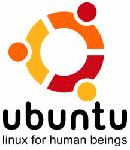 Last week we write about the Ubuntu in Business event being organised in London on 13th July (
Last week we write about the Ubuntu in Business event being organised in London on 13th July ( News has arrived via Twitter (cheers
News has arrived via Twitter (cheers  On 9th June 2010 the inaugural meeting of the Bristol ICT Training Forum was held at
On 9th June 2010 the inaugural meeting of the Bristol ICT Training Forum was held at 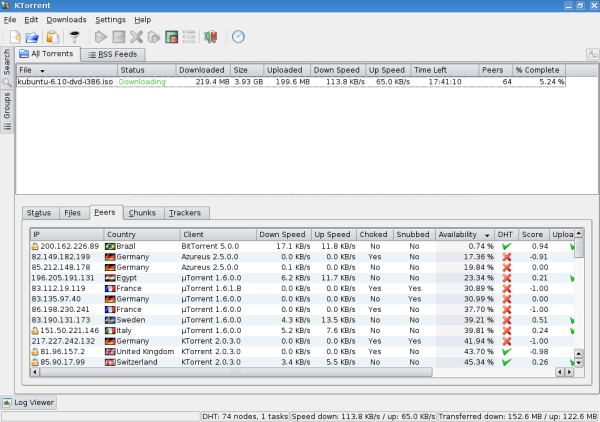
 Late yesterday evening, the Financial Times (the sporting pink for the casino economy. Ed. 😉 ) reported that search engine giant Google is phasing out the use of Microsoft’s Windows platform for its employees.
Late yesterday evening, the Financial Times (the sporting pink for the casino economy. Ed. 😉 ) reported that search engine giant Google is phasing out the use of Microsoft’s Windows platform for its employees.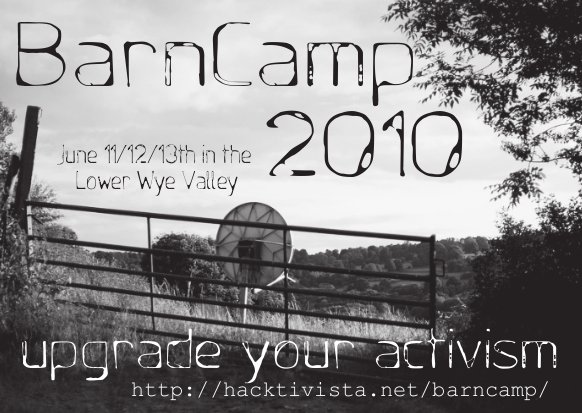
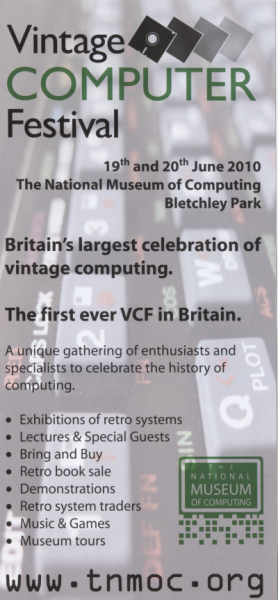 On 19th and 20th June this year,
On 19th and 20th June this year, 